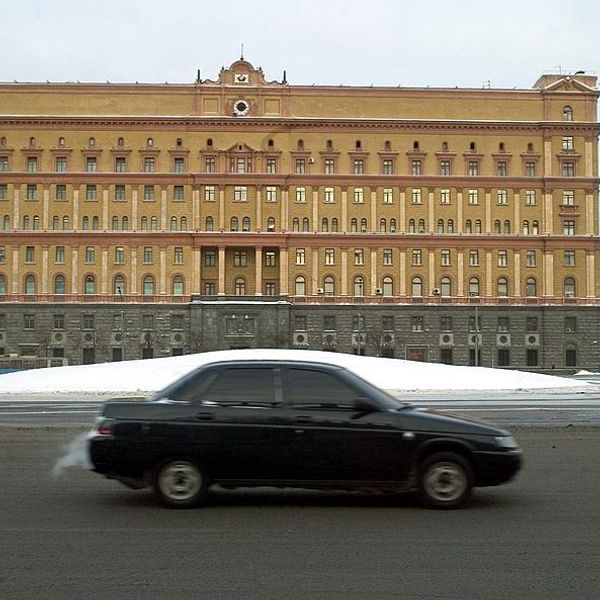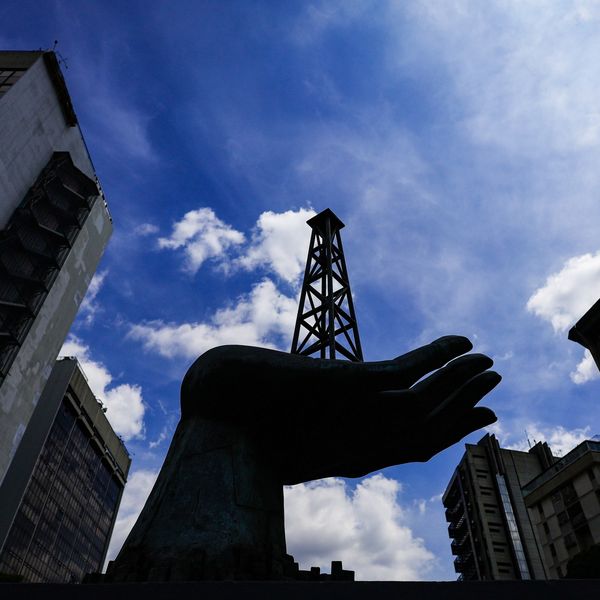Bottom Line Up Front
- Following intensified fighting in Syria between Turkey and the Assad regime, thousands of refugees are fleeing the country in an effort to reach Europe.
- Erdogan threatened, and then followed through on his threat, to open Turkey’s borders to refugees and to provide them with a clear path to reach Europe.
- Thousands of refugees encountered harrowing conditions as they streamed across Turkey and toward Greece, only to be met by fierce resistance and abuse from Greek border authorities.
- The Syrian conflict is connected to numerous other challenges, from the rise of the Islamic State and spreading extremism, to displacement of civilians and the proliferation of right-wing ideologies in Europe.
Following the latest volley of intensified fighting in Syria, the most recent iteration between Turkey and the Assad regime, thousands of refugees are fleeing the country. Over the past several years, civilians in Syria have been pushed into the northwest corner of the country, just as much of the most severe fighting has occurred in and around Idlib province. The Assad regime, backed by Russia and Iran, has followed a no-holds-barred approach to retaking the last remaining territory still occupied by rebel groups and al-Qaeda-linked terrorist groups. But Assad and his backers have made no distinction between insurgents and civilians, indiscriminately bombing civilian populations and infrastructure with no regard for international law. Since early December, nearly 900,000 Syrians have been displaced by the fighting. Turkish leader Recep Tayyip Erdogan and Russian President Vladimir Putin reached an accord yesterday in Moscow that should provide a temporary respite to the fighting, but significant damage has already been inflicted.
Late last week Turkey suffered major casualties, losing several dozen soldiers to an airstrike that Ankara has blamed on the Assad regime. In response, Erdogan threatened, and then followed through on his threat, to open Turkey’s borders to refugees and to provide them with a clear path to reach Europe. Approximately 12,500 refugees are currently stranded on the Turkish side of the Greek border, hoping to enter Greece and then move on to other European countries. Turkey is already home to an estimated 4 million Syrian refugees. Erdogan is using the refugee issue as a form of blackmail to extract concessions from European Union countries, possibly to include access to energy reserves in the eastern Mediterranean. The fact that suffering civilians, already displaced by brutal conflict in their own countries, are being used as a ‘bargaining chip’ is deplorable. The absence of leadership from Western countries on this issue is shameful and indicative of a complete lack of political will in the halls of Washington, London, Berlin, and Brussels.
Thousands of refugees encountered harrowing conditions as they streamed across Turkey and toward Greece, only to be met by fierce resistance from Greek border authorities. Greece has suspended asylum claims at its borders. In one highly disturbing video circulating on social media, Greek coast guard members are seen firing shots at a makeshift rubber dinghy as it bobs slowly in the Aegean Sea, teeming with desperate refugees, including young children. Residents of the Greek island of Lesbos gathered near the shore to shout at refugees and urge them to turn around, yelling ‘go away’ and making derogatory remarks. A journalist covering the events was assaulted by an angry mob, pummeled and stomped as he lay writhing on the ground.
Many European countries, including Germany, have supported Greece in its insistence that its borders remain closed to any incoming refugees. Germany in particular seems fearful of a repeat of the situation in 2015, when hundreds of thousands of migrants arrived in Germany seeking asylum, many from countries including Syria and Afghanistan. This led to an upsurge in right-wing nationalism, populism, and support for violent extremist groups, including violent white supremacist groups, a problem that Germany continues to grapple with. A terrorist motivated in part by an anti-immigrant ideology recently went on a murderous rampage in Hanau, targeting members of Germany’s Kurdish community, killing nine people. Neo-nazis in Germany have frequently targeted refugee shelters in violent attacks. The Syrian civil war is connected to and partly responsible for so many other major challenges, from the rise of the so-called Islamic State and spreading extremism and radicalization, to displacement and migration and the proliferation of right-wing ideologies an entire continent away. Until the Syrian civil war is brought to an end, it will be difficult for the international community to begin making progress in dealing with the chaos and upheaval caused as a result of one of the most internecine conflicts of the modern era.











